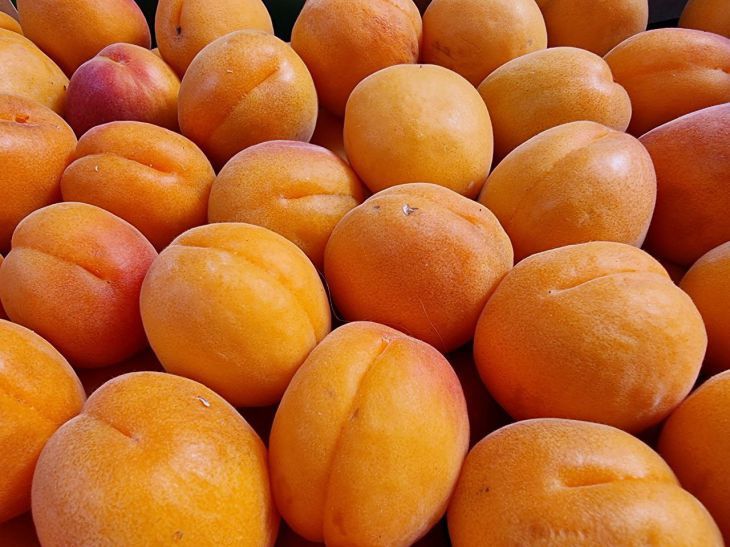Have you ever wondered where the name of such a wonderful fruit as "apricot" came from, what it means and who came up with it.
It received its modern name - "apricot" - thanks to a real journey through many countries and from the lips of many peoples.
The apricot received its Latin name armenica from the name of the country - "Armenia", which many at that time mistakenly took to be the birthplace of the apricot.

To this day, it has not been possible to reliably establish the historical homeland of the apricot.
But it is generally accepted that it began its march from the East; scientists suggest that it came from Ancient Sogdiana (300-500 BC, this country was located on the territory of modern Uzbekistan and Tajikistan).
In Sogdiana, apricots were widely cultivated and were one of the most important products for export. True, most often in dried form - dried apricots.
Later, thanks to the Arabs, apricot reached the Mediterranean countries.
The Arabs gave it the name "attaykuk", later the Spaniards, who came to the Mediterranean and became acquainted with our apricot, called it "albaricok", the French called it "apricot" in their own way, hence the German Abrikosse and now the Russian "apricot".
People have been using apricots in their diet for several thousand years.
Apricot fruits have a bright taste; it is impossible to confuse an apricot with anything else.
Apricot can quickly satisfy hunger, it is rich in vitamins and microelements, and also has a healing effect on the human body.
There are a number of diseases for which apricot is necessary for a person. And apricot fruits make him cheerful, strong and efficient.
In fact, the presence of iron in apricots, and in large quantities, determines its value as a medicine for anemia, cardiovascular diseases and others associated with potassium deficiency.
Apricot is used to normalize digestion, as a mild laxative, to thin mucus when coughing, to quench thirst, and even as an antipyretic.
Apricot is very useful for children, as it is an excellent growth stimulant and improves health.
Scientists have proven that apricots help protect the body from cancer of the stomach, digestive tract, bladder, esophagus and throat, as well as lungs due to the presence of a high concentration of carotene.
For example: to satisfy a person’s daily requirement for carotene, it is enough to drink a glass of apricot juice or eat 5-6 fresh apricots, or, in extreme cases, 15-20 dried ones.
Fruits have the ability to increase mental performance and improve memory, and all this is due to the high concentration of substances such as phosphorus and magnesium.
Fresh and ripe apricots contain a significant amount of fiber with a low amount of calories, provitamin A is an excellent antioxidant that prevents the development of cancer.
Apricot fruits are consumed in various forms: fresh, dried (dried apricots, apricot pastilles), in the form of delicious juices, nectar and apricot puree.
Apricots are also used to make apricot vodka, an alcoholic drink made by fermenting apricot puree and then distilling it.
The distinctive feature of this drink is its indescribable apricot aroma.
Apricot kernels are eaten in the same way as almonds, and when squeezed, milk is obtained from them.
Apricot kernels are used to produce fatty oil, which is widely used in medicine as a solvent. And burnt apricot kernels are used to make mascara.
In Chinese folk medicine, apricot kernels are actively used as a general tonic for dry coughs.
It is also recommended to take crushed apricot kernels in combination with other traditional medicinal plants for diseases such as bronchitis, laryngitis, whooping cough and nephritis.
Previously, we talked about what you should eat for breakfast to improve your heart health.
